Ukraine invasion: Desperate Vladimir Putin prepares to mobilise for war without end
Putin has been reluctant to take that step. Tsar Nicholas II ordered a general mobilisation of Russia on July 30, 1914; two days later Germany declared war on Russia and the die was cast, not just for bloodshed but also domestic upheaval and revolution at home. In modern times, general mobilisation raises the possibility of a stop-the-war movement, of Kremlin infighting, of martial-law style measures – and with no guarantee that it will be successful.
But the depletion of his troops may leave Putin with little choice other than to escalate or go home trumpeting a transparently fake victory, a lipsticked pig. Here’s Michael Kofman, Russian military analyst at the CNA think tank: “Without national mobilisation, I think the Donbas is the last major offensive the Russian military can attempt given the current state and availability of forces. Whether it succeeds or fails, the Russian military will be largely exhausted in terms of offensive potential.”
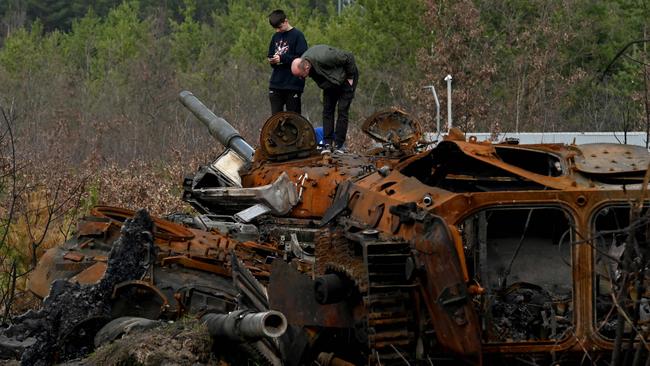
It’s difficult to disagree. Russian units have become less combat-effective, not just because of casualties and fatigue but also because of disabled vehicles. General mobilisation could improve morale and bestow a sense of national mission on the invasion force, but it would not fix the structural problems facing the Russians: the quality of generalship, the lack of flexibility, the poor co-ordination of advancing tanks, accompanying infantry and air support, the jumbled supply lines.
There is a fundamental flaw in the balance between professional contract soldiers and conscripts. Russian law doesn’t allow the deployment of conscripts before they have had four months’ training. General mobilisation or some form of martial law could override that rule but it wouldn’t make them any more competent. And once word got out, or body bags returned, there would be plenty of local resistance.
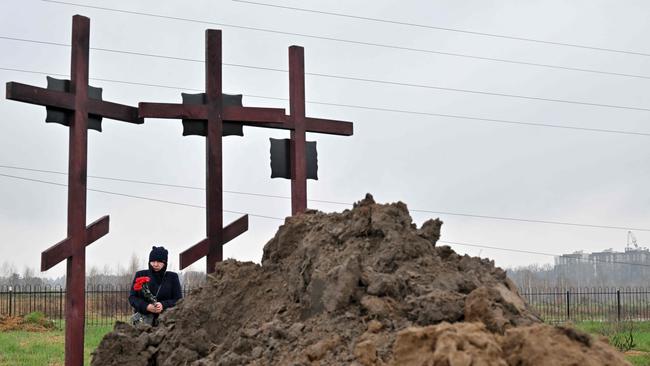
Still, Putin may be ready to give it a try. The western reading of the May 9 “victory parade” in Moscow this year is that Putin is impatient for a battlefield success before the Red Square march-past, one that can cement his authority as a commander-in-chief. But that timescale puts too much pressure on the Russian forces to achieve a significant victory in Donbas.
More likely, the significance of the parade is that it will allow Putin to promote the narrative for the next phase of the war. This could explain some of the strange happenings of the past weeks – fires at a Russian defence research institute and various explosions in fuel depots in Bryansk, a Russian military staging point three hours’ drive from the Ukrainian border. Even more mysterious has been a string of suicides of wealthy Russian businessmen, some of whom are associated with the gas business.
One explanation for the fuel storage attacks is of course that Ukrainian special forces are straying on to Russian terrain to interrupt the supply routes before the coming battles in Donbas. But there’s another explanation: that Putin’s information warriors, outwitted so far by the Ukrainians, are preparing a May 9 narrative about Nato-backed sabotage. That, in turn, would feed into a storyline allowing Putin to present an imminent danger to Mother Russia, one that in his view would justify general mobilisation and other steps up the slippery escalation ladder.
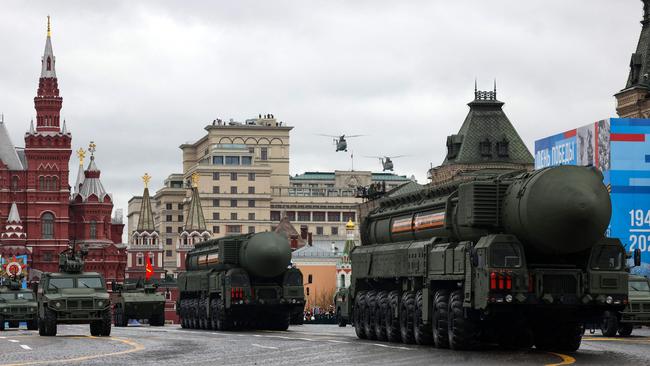
Sergei Lavrov, the Russian foreign minister, declares that Nato is now “in essence” engaged in a proxy war against Russia and cites the large western arms deliveries turning up in Ukraine by the day. He’s not wrong, though he forgets to mention it was Russia that invaded its neighbour, broke international law and brutally disrupted the European order. And that Russia is itself fighting numerous proxy wars across the continents.
For sure, the recent presence in Kyiv of the US Defence Secretary, Lloyd Austin, does suggest that Nato involvement is becoming both deeper and more open. The more public this war becomes, the greater the pressure on the West to ensure that Russian withdrawal from Ukraine is an absolute precondition for any diplomatic settlement. Anything short of that would suggest a failure of western nerve and would encourage China, for example, to try its luck in the Taiwan Strait. Arming, sharing intelligence and training troops have to be seen as legitimate tools to ensure that a European state does not get wiped off the map by its neighbour and that Putin’s war doesn’t spread.
So far, the undeclared aim of this undeclared war is that the West averts the defeat of Ukraine, that Putin is fought to a standstill, his callow troops outgunned and outsmarted, and that ultimately the country emerges intact and with some kind of European future. But if Putin puts his nation on an all-out war footing, if his propagandists can whip up bloodlust and resentment, then the Kremlin leader may come to believe he can wage and win a war without end, one that saps the decadent West and eventually nudges an exhausted Ukraine into his grasp.
That would be a terrible outcome for Europe, for the US administration, for the Ukrainians, of course, but also for the Russians who will finally have to come to terms with the reality that they are being ruled by a tyrant who has become unhinged.
The Times



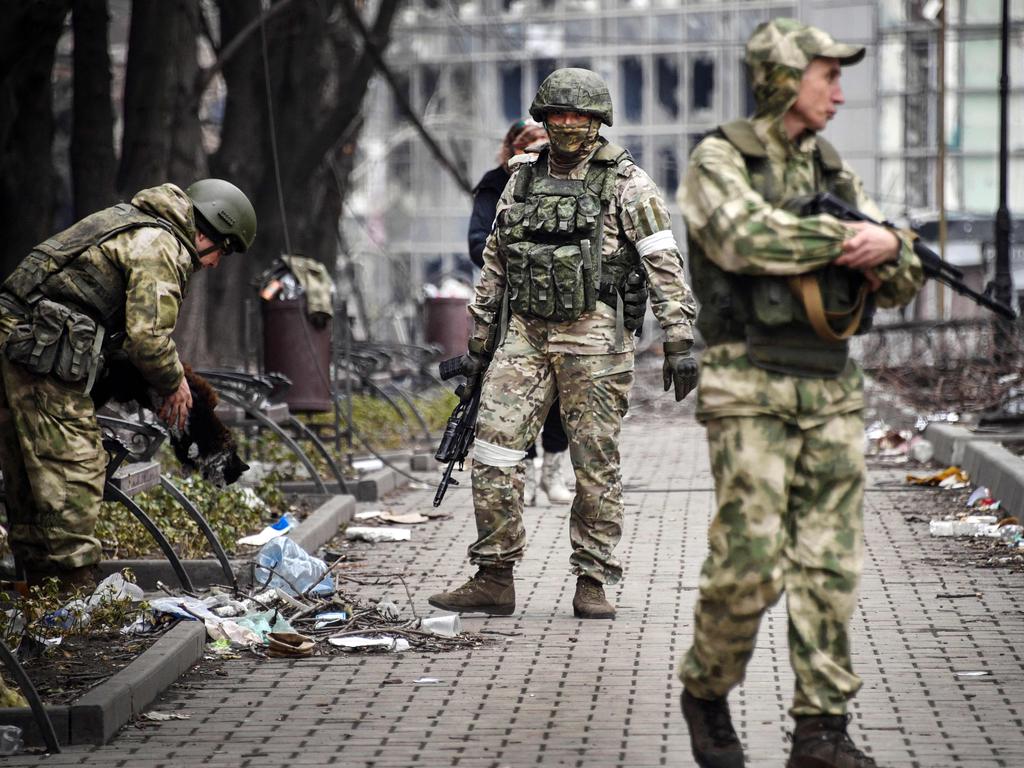
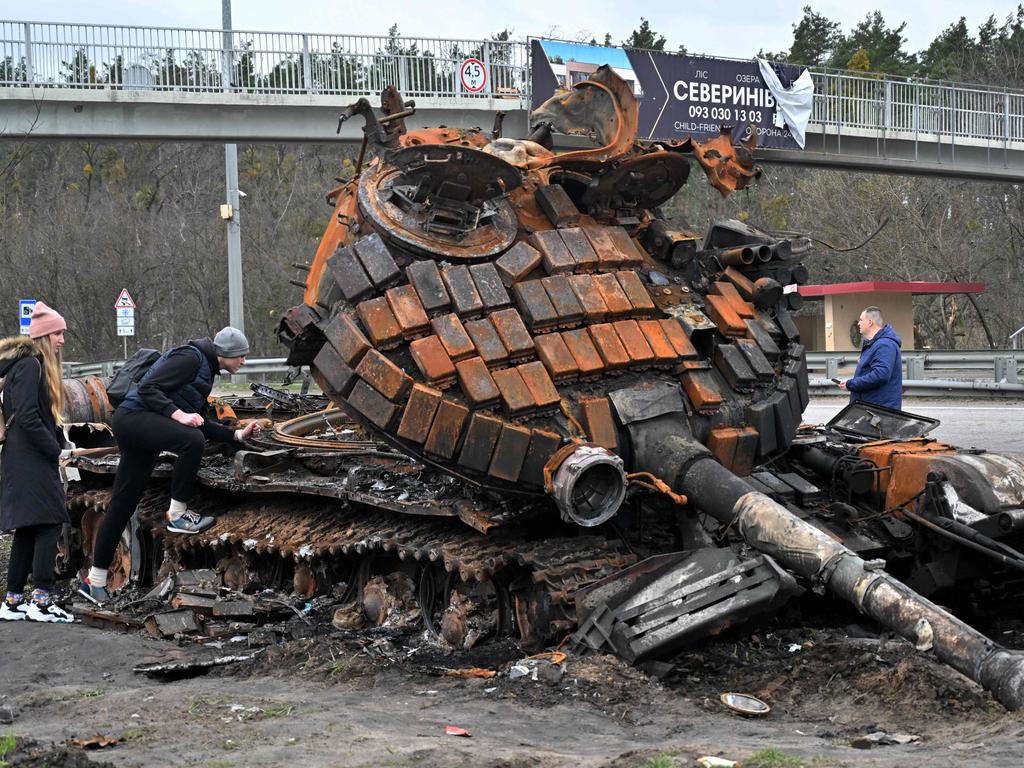


Vladimir Putin’s existential decision, the gamble of his life, is whether to declare a general mobilisation of able-bodied Russian men. It would mark the end of the pretence that Moscow is simply running a “special operation” in Ukraine and it would usher in a protracted war that would shape Europeans, in the west as well as the east, for a generation.